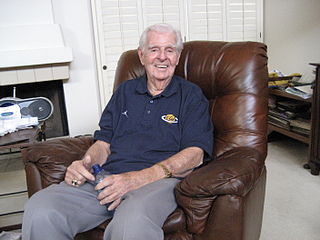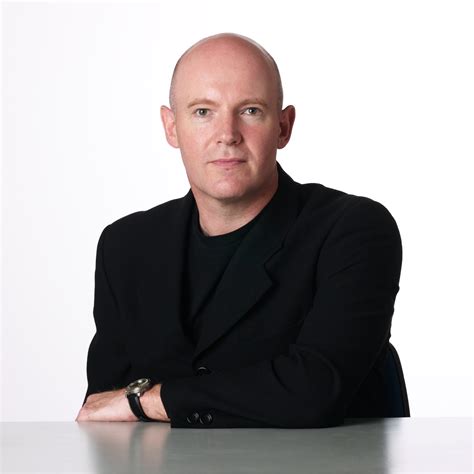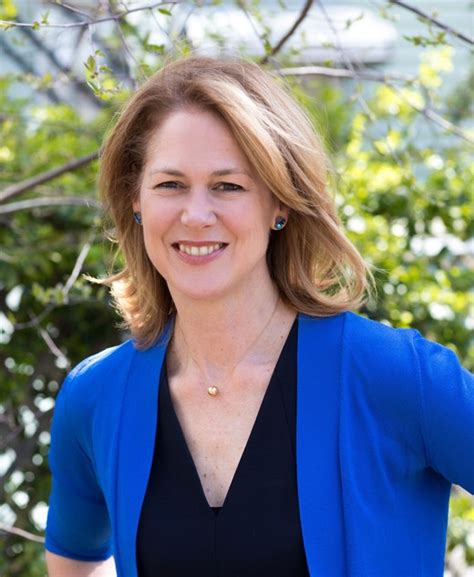A Quote by Marshall Goldsmith
I do three things: speaking or teaching, which I enjoy the most, coaching is where I learn everything, and writing is where I reach people.
Related Quotes
I love teaching I think more than anything. It's the opportunity to just teach young people and teach the game. You teach more than basketball. You teach life skills. The teaching part of it is something that I am passionate about. I look forward to every practice. A lot of people say well, I enjoy coaching, but I see myself as more as a teacher.
As a teacher and parent, I've had a very personal interest in seeking new ways of teaching. Like most other teachers and parents, I've been well aware painfully so, at times that the whole teaching/learning process is extraordinarily imprecise, most of the time a hit-and-miss operation. Students may not learn what we think we are teaching them and what they learn may not be what we intended to teach them at all.
Traditional education focuses on teaching, not learning. It incorrectly assumes that for every ounce of teaching there is an ounce of learning by those who are taught. However, most of what we learn before, during, and after attending schools is learned without its being taught to us. A child learns such fundamental things as how to walk, talk, eat, dress, and so on without being taught these things. Adults learn most of what they use at work or at leisure while at work or leisure. Most of what is taught in classroom settings is forgotten, and much or what is remembered is irrelevant.
There are three kinds of feedback and organizations must utilize all three to be effective:
1. Evaluation. This rates you against standards and peers. It lets you know where you stand.
2. Coaching. This information helps you get better and learn. It is an engine for learning.
3. Appreciation. Most desire for feedback is usually for appreciation. It motivates us.
Children are people, and they should have to reach to learn about things, to understand things, just as adults have to reach if they want to grow in mental stature. Life is composed of lights and shadows, and we would be untruthful, insincere, and saccharine if we tried to pretend there were no shadows. Most things are good, and they are the strongest things; but there are evil things too, and you are not doing a child a favor by trying to shield him from reality. The important thing is to teach a child that good can always triumph over evil.


































